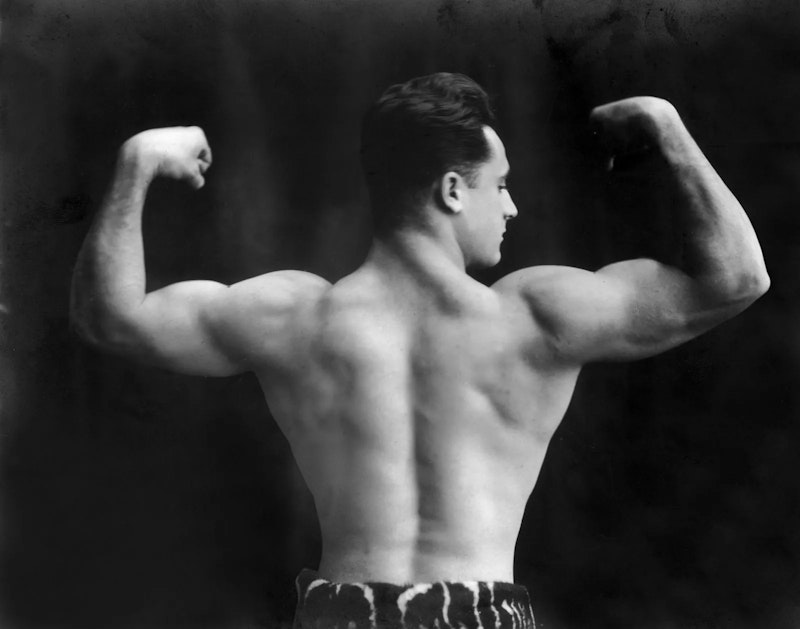My mother had a lot of anxiety; perhaps I inherited it from her, as dread and doubt come as naturally to me as mold growing on the dank wall of all my wet ideas. I’ve never feared death; it’s life that scares me—the idea of sacrificing everything I’ve ever done, made, or created as I’ve spent years kissing asses, simply keeping my head above water, living three lives in order to be one person—employee, lover, artist—in that order.
It’s said that one should pursue their dreams to find happiness. Unfortunately, I’ve mostly followed my penis, in a kind of cul-de-sac of sensual dead ends, never true to myself—how could I be true to anyone else? In my early-30s, I had a brilliant idea: I’d find a job that would pay enough money so that I could live (almost) comfortably while simultaneously not putting a strain on my mind or health. This way I could save energy for my real job: painting, writing, thinking, and being an artist. I’d made the biggest mistake of my life, and I’d already made quite a few.
After finding this non-position of social failure, I chased all my dreams, developed all my ideas, and attempted to create an esthetic replica of what I thought it was to be alive—nothing much really, only an imitation of the forgery of my counterfeit existence, where I meticulously interpreted the nonsense of my not wanting to be average.
Along the way, I never thought of myself globally, yet always sold myself short, for a moment of pleasure, a quick glimpse into the open window of normality, making believe I could set up house there, longing for what I didn’t want, when I never knew what I wanted to begin with.
I kept painting and writing, creating a pile of self-indulgent masterpieces that rose to the sky in a kind of compost heap of voluptuousness. I couldn’t stop, even when I could no longer afford to store the constant output of my never-ending need to muddy canvases and blacken pages with the words of my convoluted perspective.
Once in a while, I go to my storage unit. It’s in the worst part of town—a good place to get killed. I unlock the padlock, roll up the gate, and gaze upon 35 years of wishful thinking that’s become the physical reality that I can’t even give away for free—my albatross, the large, ugly paintings that I find quite attractive in their raw honesty, something I’ve never been able to be in reality. Soon, all this work that I hoped would be at least admired in passing will all be put in the landfill of time.
I’ve dreamed of an exhibition, a big show where I strut my stuff like a peacock of intellectual struggle, being the Charles Atlas of artistic ingenuity, where I exercise my ideas and shape them into a muscular ideal where no one kicks sand in my face or questions the genius of my undertaking. I see it hanging on the gallery walls in my mind—a little crooked.
Each night, after a long day of putting off the inevitable, I lay down to sleep, hoping for an answer to my problem—a small enclave to stockpile the only real work I’ve ever done. I’ve never been lazy, as I’ve always had a boss, a slave to a job, whether a labor of love, futility or a fantasy.
In my dreams, I keep sneaking back to my old studio. I’m painting; it’s early morning; the wife of the property manager finds me trespassing, and I’m helpless. I’m caught red-handed, attempting the impossible, trying to relive a life that’ll soon be over, hiding the large, ugly paintings I created while others went about their business, compounding the interest of having no real interest at all, counting the beans in the jar of reality, reassuring themselves that money is happiness.
My nightmare is a recreation of my real life: always one step ahead of the boss, the owner, the hunger and fear of being creative, an outcast, the victim of a practical joke, the plague of being an artist.

